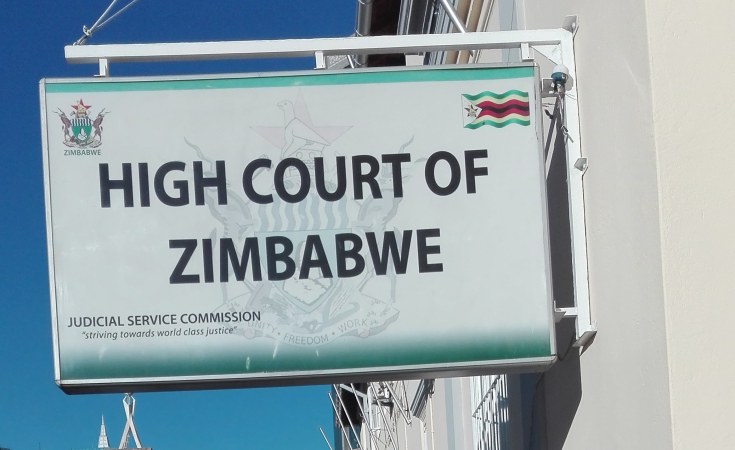High Court judge, Justice Priscilla Munangati Manongwa, has set aside a section of the Urban Councils Act which gave Local Government minister, July Moyo, powers to interfere and control local authorities.
In a landmark ruling handed down recently, the judge said separation of powers was crucial, adding that the minister cannot be allowed to run the ministerial and municipal roles at once.
She went on to set aside section 314 (2) of the Urban Councils Act Cap 29:15, which was used by the minister to issue controversial directives in local authorities.
"Without conforming to the principles of legality, the power conferred by s314 cannot be exercised in a constitutional democracy.
"The constitution unequivocally confers local authorities with governing and management powers, which should not be clandestinely interfered with," she noted.
She said the whole purpose for devolution was premised on bringing power to the people by way of cascading governance through the tires of government.
"In fact, such participation in governance at different levels fosters peace and unity amongst the people of Zimbabwe as contemplated by s264 of the constitution, given that communities are in charge of their affairs and enjoy the democracy brought about by the revolutionarised constitution born out of their participation," said the judge.
The landmark ruling follows a court application by the Combined Harare Residents Association, Borrowdale Residents and Ratepayers Association, Clever Rambanapasi, Ian Makone and Elvis Ruzani against Moyo through their lawyer Tendai Biti.
The applicants had argued that the section mentioned above gives the minister unnecessary powers to make decisions even on non-policy issues.
During the hearing, Moyo argued the residents associations' loci standi to challenge him.
Moyo submitted that the two residents associations were just rate payers, hence lacked legal standing.
The judge said what matters was their substantial interests in the matter.
"That aside, there are still three other litigants whose legal standing has not been challenged, hence the matter could still be heard. In essence, the challenge by the respondent, even if it had succeeded, would not have prevented the case from proceeding," said the judge.
Moyo also sought the joinder of City of Harare and the controversial company Georgenix B.V since "the outcome would affect their rights."
The company made headlines last year after it landed a murky US$350 million waste-to-energy deal with Moyo's blessings.
Again, the judge found no merit in that request for joining of parties.
She said the issue rises above individuals, entities or contracts.
"It pertains to whether the section deserves to live or should be decimated for want of conformity. The argument presented having no merit the court dismissed the same."
The judge said the constitution was born out of people's will and as such should be respected.
"Hence, for the minister to reverse, suspend and rescind resolutions without consultation whatsoever is tantamount to acting contrary to the provisions of the constitution which provide the residents with powers to manage their own affairs.
"There can be no empowerment that surpasses the giving of authority to the people to decide, manage and administer their affairs through their democratically elected representatives, which are in turn accountable to the local residents."
The judge ruled Moyo could not exercise power or perform functions beyond that conferred by the law.
"Given the foregoing, there is absolutely no justification for the exercise of s314 of the Act in the form it is, hence counsel for the respondent was at pains to justify its existence, citing s265 of the constitution whose provisions do not speak to the minister's actions.
"Finally, s 314 of the Urban councils Act chapter 29:15 fails the constitutionality test when juxtaposed against sections 264 (2), 265(1) and 276 (1) of the constitution.
"The provisions of that section are ultra vires the constitution, hence are declared invalid," she ruled.


